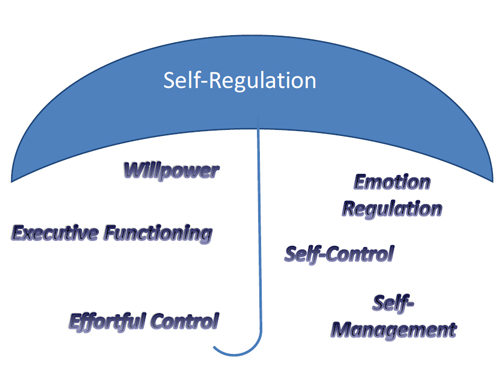In an interview with Yo-Yo Ma by David Marchese of the NY Times, Yo-Yo Ma spoke about the quality of interaction he aims to deliver to his audience: Presence.
Yo-Yo Ma: As a performer, my job is to make the listener the most important person in the room. The only way to avoid burnout is to care about where you are. Being present. Caring. You’re working with living material. That goes back to memory. The living material is only living if it is memorable. Not only that it’s memorable but that you pass it on. That is what I’m thinking about with every single interaction. Whether it’s a kid, someone on the street, in a concert hall or with you.... It’s the same thing: How to be present. Because if you’re not?
https://www.nytimes.com/interactive/2020/11/23/magazine/yo-yo-ma-interview.html
Marchese: Then why are we here?
Yo-Yo Ma: That’s it. You are acknowledging someone’s existence by being present. It may take a lot more energy, but boy, is it much more rewarding. It makes me happy. It makes people happy. It’s wonderful.
Yo-Yo Ma is a great musician, in part because he has the ability to be highly present and caring, along with valuing the people he is playing for.
These are the same qualities you want in a skillful therapist. Being present, compassionate, and connected are not something any of us can achieve every minute of every day, but we can work toward it.
One of the benefits of IFS (Internal Family Systems) is that practicing IFS makes it easier to be present, compassionate, and connected. When we learn about the needs of our parts, heal those parts that have been hurt, and release other parts that have been laboring under extreme conditions, we enable our highest Self to lead our system. When that happens, both therapist and client will naturally show these positive qualities that have actually been within us all along.
If you want greater access in your life to connectedness, loving compassion, calmness, confidence, patience, presence, perhaps it's time for you to give IFS a chance! Send me an email to learn how we could work together to meet your goals.


